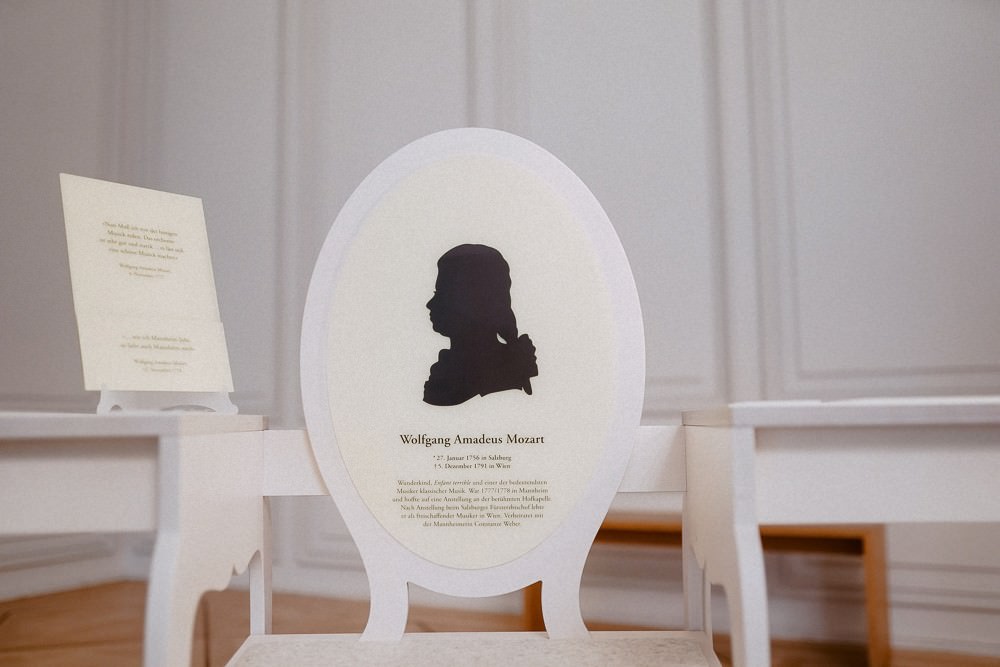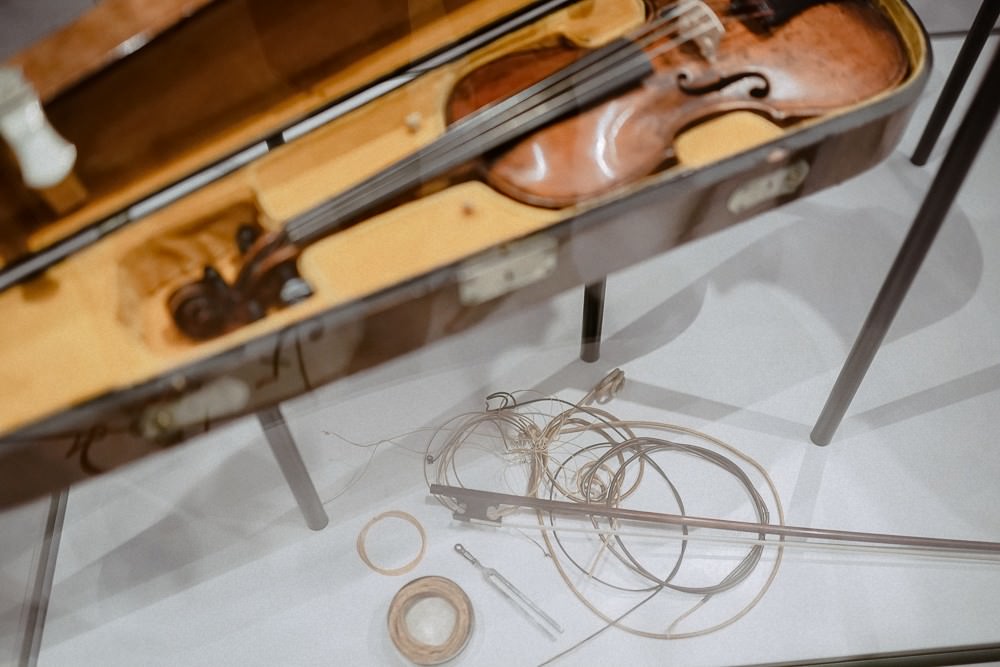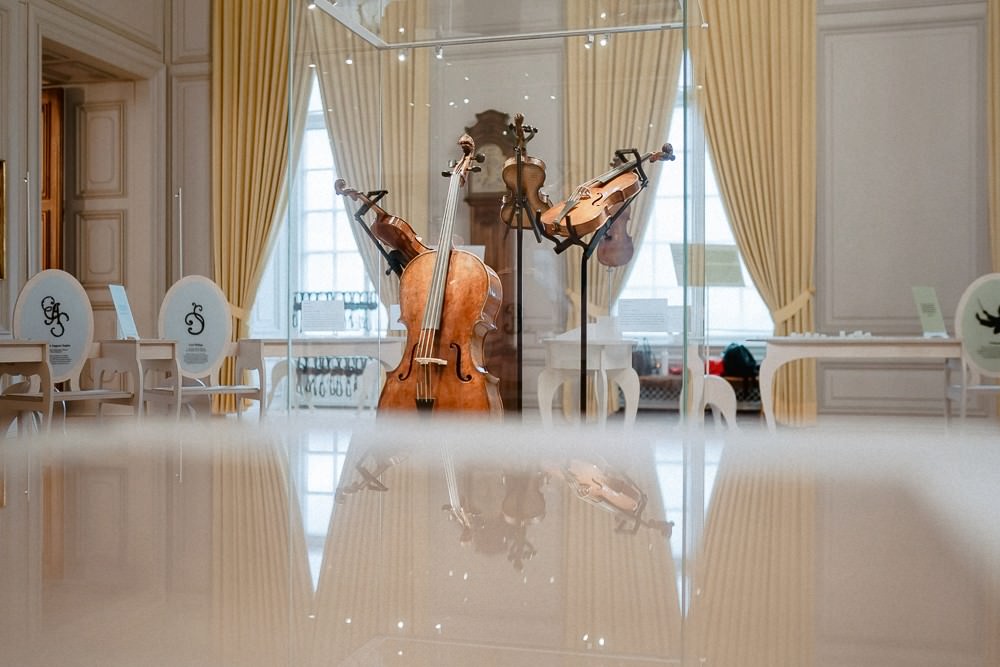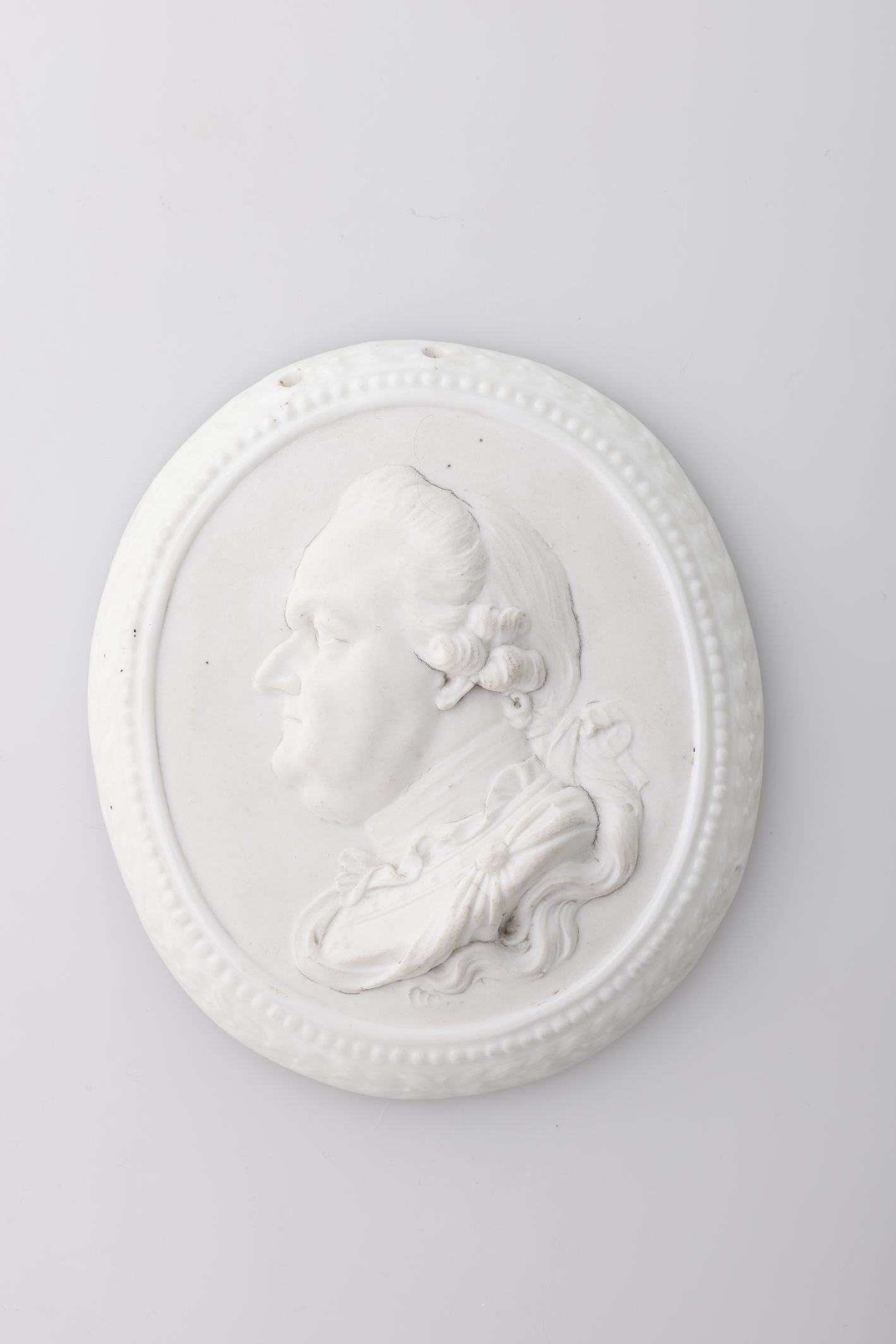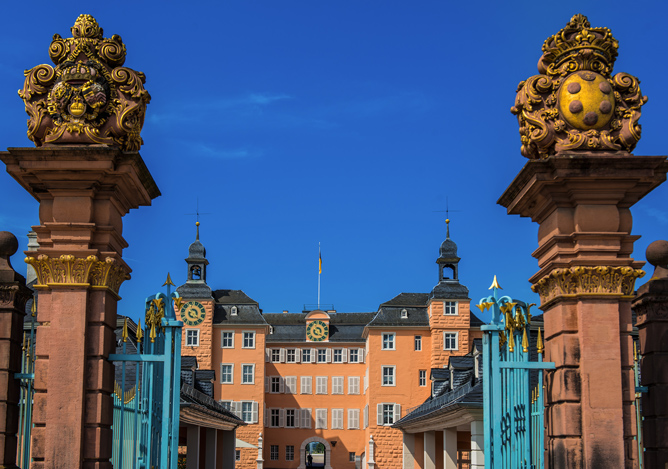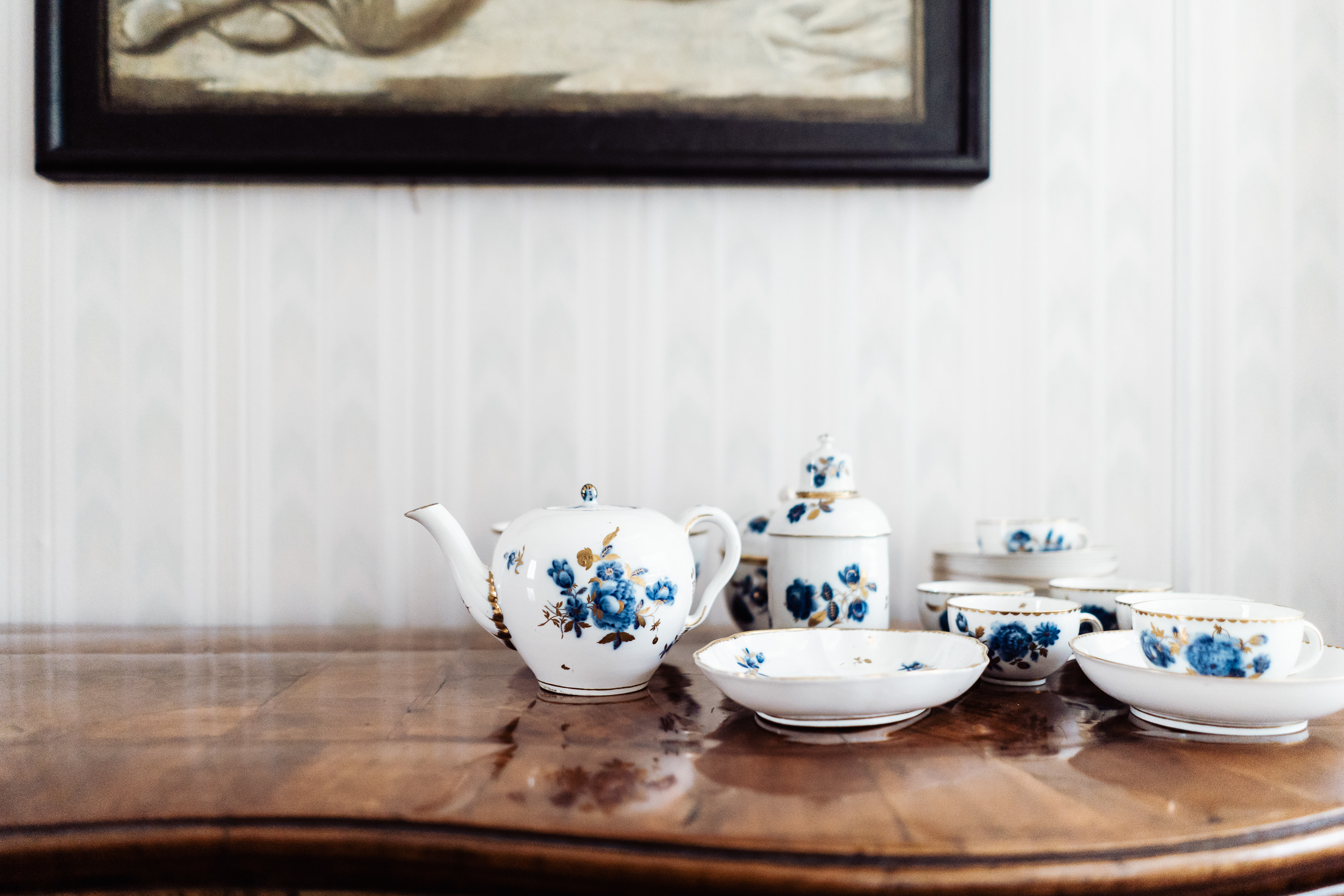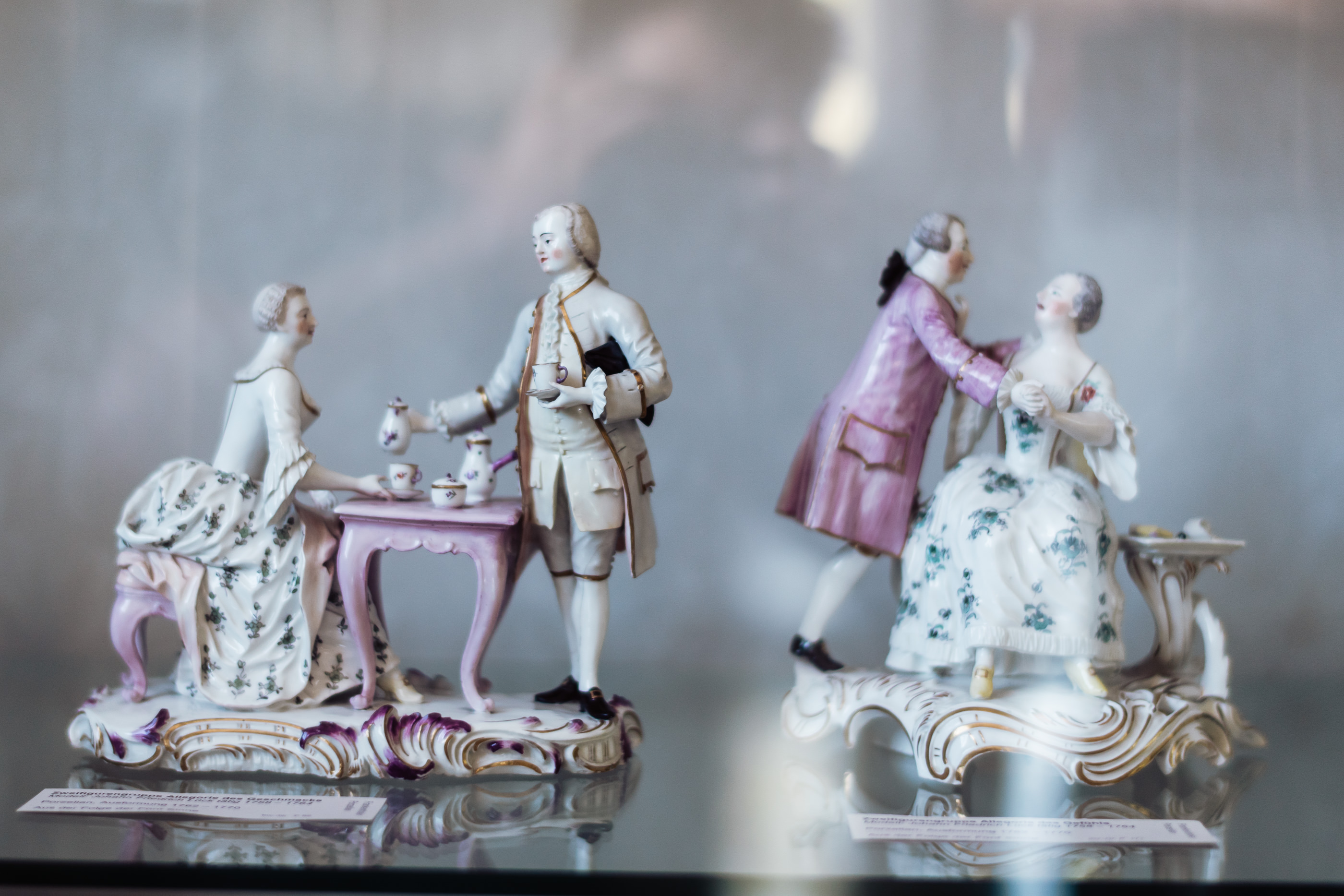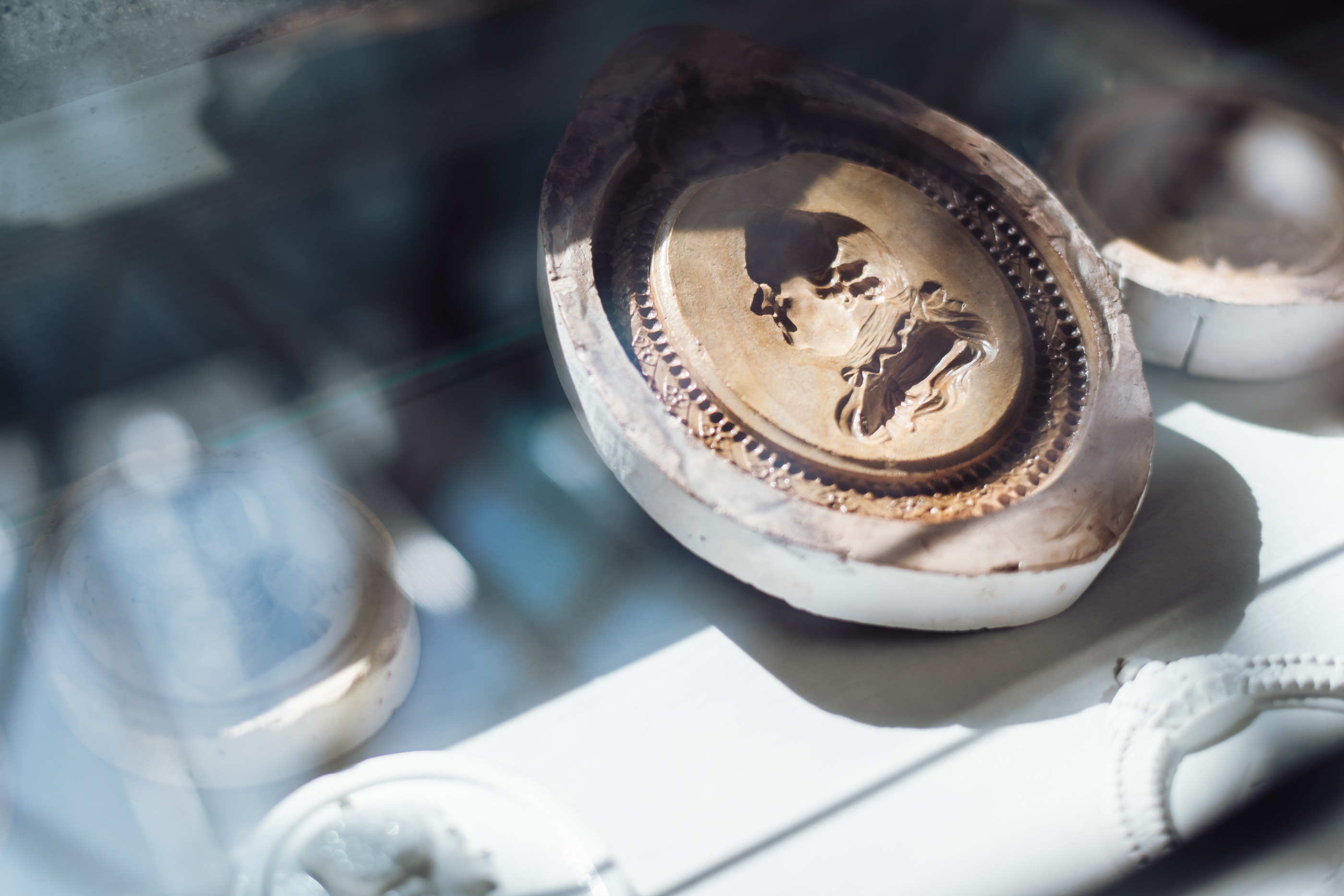The tenth day of December, 2024 marks the 300th anniversary of the birth of Prince-elector Charles Theodore. Hiram Kümper, professor of history and Charles Theodore chair at the University of Mannheim, talks about the preferences, talents and oddities of the ruler whose legacy continues to shape the region to this day.
Professor Kümper, why is it still relevant today to remember Charles Theodore?
Charles Theodore was one of the great trailblazers, with a particular impact around here. Rhine-Neckar is an innovation-driven region with influential traditional companies. This connection between technology, science and business actually has its origins in the reign of Charles Theodore. He transformed the Electoral Palatinate into a progressive agricultural, economic and cultural region.
Charles Theodore grew up in Brussels. Do we know anything about the beginning of his life here?
Not much is known about the early years of his reign, but he must have felt very comfortable here. He quickly made the Mannheim court his own and expanded it; not only the buildings, but also court life hiring artists and scientists. And he brought to his court what we’d call start-ups today: people with crazy ideas looking for investment capital.
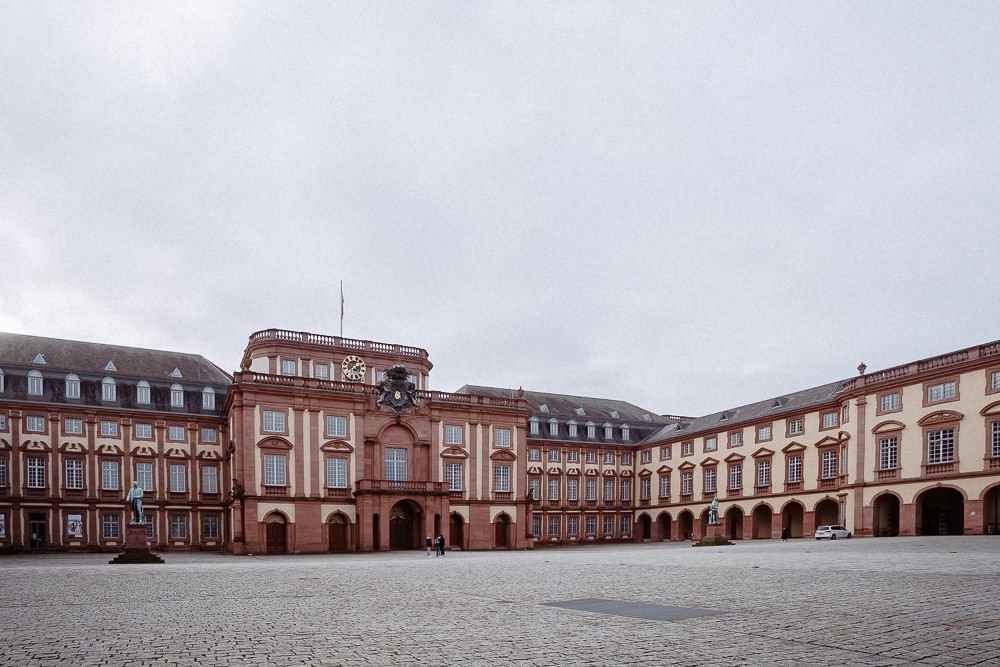
Apart from the court in Mannheim, it is above all the residence in Schwetzingen that bears Charles Theodore’s mark...
Yes, what happened to the court in Schwetzingen is similar to the one in Mannheim: There had been a building there already, but the Prince-elector completely rebuilt the Schwetzingen Palace. It became his summer residence, which means that the entire court would move to Schwetzingen for the summer months, sometimes even with furniture. The palace garden, in particular, is quintessentially Charles Theodore. It reflects his self-image. He transferred his political, economical and cultural programme through it and demonstrated his ideas of the Enlightenment there.

Art, culture, science, politics—everything flourished during his reign between 1742 and 1777. What can be said about Charles Theodore as a politician?
In foreign policy, he managed to assert himself with great skill between France, the imperial power of Vienna and the King of Prussia, and to avoid all the wars of the time—and there were more than a few. He was involved, too, but always in the second row through providing troop contingents and financing. He managed to basically keep the war out of the Electoral Palatinate. This was the reason why Frederick II, King in Prussia, somewhat enviously referred to Charles Theodore as a ‘good-luck pig.’
And what about his patronage of the arts?
Charles Theodore made Mannheim one of Europe’s cultural centres. It may sound like an exaggeration, but it’s simply true. This applies, for example, to the court music, which is famous throughout Europe. It was not for nothing that Mozart strove to come here. The Prince-elector was also very interested in the Antiquity, expanded the hall of Antiquity and founded the Academy of Sciences in 1763, which was not so common at rather small courts. In doing so, he put Mannheim on a par with metropolises such as Berlin, Munich or Paris.

